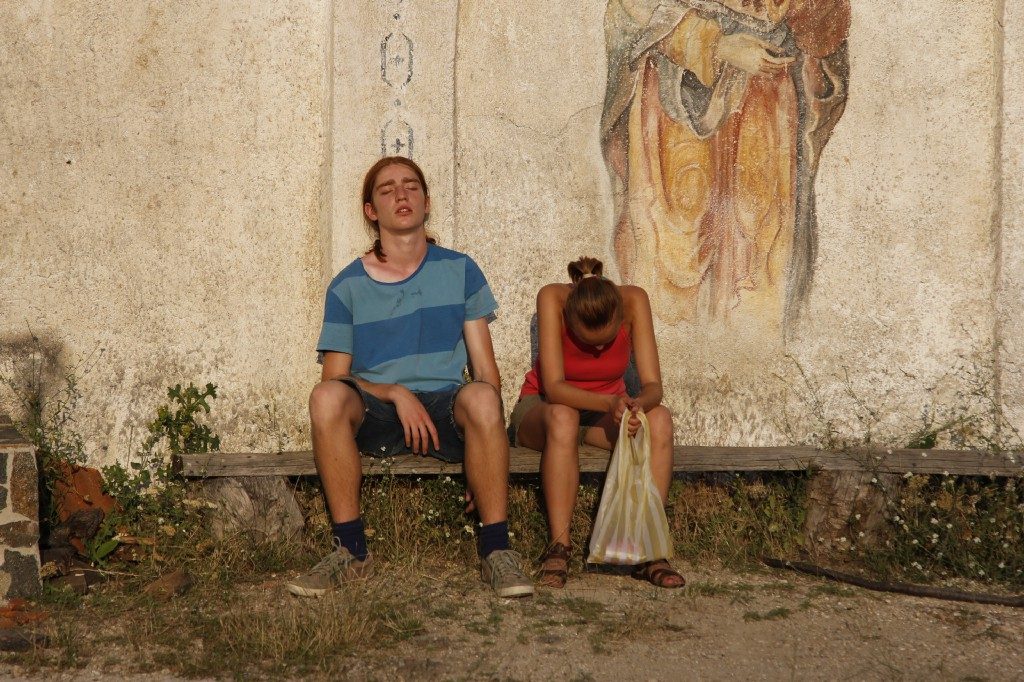Svetla Tsotsorkova graduated from the National Academy for Theatre and Film Arts in Sofia, Bulgaria, in 2004. Since then, she has been working mainly as a producer and actress. Her first short film as a director, “Life with Sophia,” was not only recognized by various international film festivals, such as the Critics’ Week in Cannes, Karlovy Vary, Telluride and Brussels, but also won awards at Trieste, Sofia, Lodz and Beijing, among others. (Press materials)
“Thirst” will premiere at the 2015 BFI London Film Festival on October 11.
W&H: Please give us your description of the film playing.
ST: “Thirst” is a dramatic film, but funny — so is life.
W&H: What drew you to this story?
ST: My grandmother lived in a village in the mountains near the seaside in Bulgaria. She used to help her next-door neighbor wash the bedsheets for the nearby hotels. For my grandmother, the whole world revolved around those bedsheets. When I was a kid, I spent a lot of time among hundreds of waving sheets. In the script, the softness of my childhood memories are sharpened by the distance of time.
W&H: What was the biggest challenge in making the film?
ST: Working with five professional actors who have done a lot of movies was a challenge. Their experience on screen helped a lot when developing the characters, but sometimes it was a battle to get what I wanted from them.
W&H: What do you want people to think about when they are leaving the theater?
ST: I would very much appreciate if people leave the theater relieved, purified, forgiving. The invigorating rain pours down at the end, not only to quench the thirst, but to clear [and] free us.
W&H: What advice do you have for other female directors?
ST: Listen to yourselves. Listen to your sensibility, taste and mind.
W&H: What’s the biggest misconception about you and your work?
ST: When I read some of the reviews about this film or my previous short, I realized that some journalists had found so many things that I didn’t do intentionally that it made me wonder if they saw my film or someone else’s.
W&H: How did you get your film funded? Share some insights into how you got the film made.
ST: The film is funded by the Bulgarian National Film Centre, with the support of the MEDIA Programme of the European Union. Omega Films, which is another independent production company, offered us the use of their postproduction studios and facilities. Omega Films is our co-producer.
W&H: Name your favorite woman-directed film and why.
ST: Andrea Arnold is one of my favorite women directors. I guess it is because she is interested in the life and relations of ordinary people. Not only that, but the way she talks about them in her films show that she cares about them very much.






